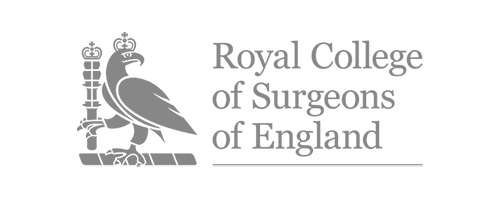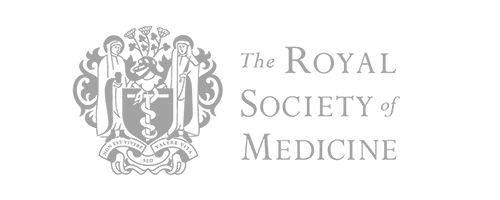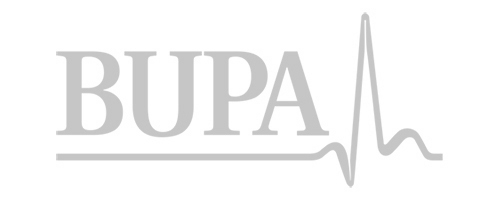WHAT IS DIVERTICULAR DISEASE?
Diverticular disease is a very common condition of the large bowel whereby it develops pockets or little pouches on its surface as a result of wear and tear. It is thought that in the UK, by the eighth or ninth decade, almost 80-90% of the population have this condition. It is also getting commoner in the younger population and is now seen in as early as the third or fourth decade.
By and large, the majority of people with this condition are symptom-free or suffer with minor symptoms such as bloating and occasional irregular bowel habits. Some develop inflammation of these areas of wear and tear and have attacks of diverticulitis resulting in abdominal pain, loose motions and fevers. Diverticular disease is also known to cause bleeding which can occasionally be severe. A small group of patients might develop more severe complications such as perforation of the bowel leading to either an abscess formation or, in severe cases, acute peritonitis.
Diverticular disease is easy to diagnose with any of the colonic imaging techniques such as a colonoscopy or CT colonography. It is often diagnosed incidentally when these tests are performed to exclude other colonic conditions.
The treatment of this condition depends upon the symptoms or the complications. Minimally symptomatic disease can be treated conservatively with lifestyle and dietary modifications (high-fibre diet, gentle laxatives, etc). Diverticulitis is treated with antibiotics. The more severe complications such as severe diverticulitis, haemorrhage, abscesses and perforations usually require an emergency admission to hospital, with some patients requiring emergency surgery.
Elective/ planned bowel resection for diverticular disease is reserved for patients with recurrent attacks of diverticulitis and those who go on to develop long term complications such as a narrowing or a fistula.
WHAT SHOULD YOU DO IF YOU ARE CONCERNED?
If you recognise any of the symptoms described above or have any cause for concern, please consult your GP and request a referral to Ms Burt. Self funding patients can also contact us directly through our appointments page.
WHAT CAN YOU EXPECT AT YOUR CONSULTATION?
Ms Burt will take a full history and examine you. The examination may include a quick inspection of your back passage with a short telescope. You may also require a further test such as a camera examination called a colonoscopy or a CT colonography on a different day. Treatment will depend upon the severity of your symptoms and the results of these investigations.







